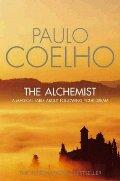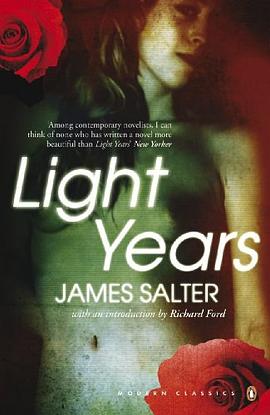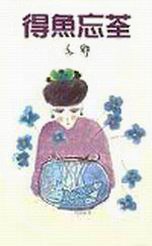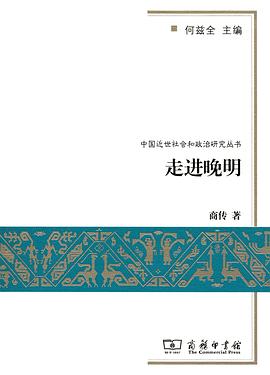内容简介
Like the one-time bestseller Jonathan Livingston Seagull, The Alchemist presents a simple fable, based on simple truths and places it in a highly unique situation. And though we may sniff a bestselling formula, it is certainly not a new one: even the ancient tribal storytellers knew that this is the most successful method of entertaining an audience while slipping in a lesson or two. Brazilian storyteller Paulo Coehlo introduces Santiago, an Andalusian shepherd boy who one night dreams of a distant treasure in the Egyptian pyramids. And so he's off: leaving Spain to literally follow his dream.
Along the way he meets many spiritual messengers, who come in unassuming forms such as a camel driver and a well-read Englishman. In one of the Englishman's books, Santiago first learns about the alchemists--men who believed that if a metal were heated for many years, it would free itself of all its individual properties, and what was left would be the "Soul of the World." Of course he does eventually meet an alchemist, and the ensuing student-teacher relationship clarifies much of the boy's misguided agenda, while also emboldening him to stay true to his dreams. "My heart is afraid that it will have to suffer," the boy confides to the alchemist one night as they look up at a moonless night.
"Tell your heart that the fear of suffering is worse than the suffering itself," the alchemist replies. "And that no heart has ever suffered when it goes in search of its dreams, because every second of the search is a second's encounter with God and with eternity." --Gail Hudson, Amazon.com Review
......(更多)
作者简介
Paulo Coelho was born in Rio de Janeiro, Brazil, the city where he now lives. His own life has in many ways been as varied and unusual as the protagonists of his internationally acclaimed novels. Like them, Paulo Coelho has followed a dream in a quest for fulfillment. His own dream, to be a writer, met with frustration throughout much of his early adult life, a time in which he worked at various professions, some of them materially rewarding but spiritually unfulfilling. "I always knew," he says, "that my Personal Legend, to use a term from alchemy, was to write." He was 38 when he published his first book.
In 1970, after deciding that law school was not for him, he traveled through much of South America, North Africa, Mexico, and Europe. Returning to Brazil after two years, he began a successful career as popular songwriter. In 1974, he was imprisoned for a short time by the military dictatorship then ruling in Brazil. In 1980, he experienced one of the defining moments of his life: he walked the 500-plus mile Road of Santiago de Compostela in northwestern Spain. On this ancient highway, used for centuries by pilgrims from France to get to the cathedral said to house the remains of St. James, he achieved a self-awareness and a spiritual awakening that he later described in The Pilgrimage.
Paulo Coelho once said that following your dream is like learning a foreign language; you will make mistakes but you will get there in the end. In 1988, he published The Alchemist, a novel that explores this theme, and it launched him as an international bestselling author. Specifically, Paulo Coelho is recognized for his powerful storytelling technique and the profound spiritual insights he blends seamlessly into his parables. Since then, The Alchemist has sold more than 11 million copies worldwide and has been translated into some 41 languages. In addition to The Pilgrimage and The Alchemist, Paulo Coelho has written luminous novels about the different streams of our lives, including By The River Piedra I Sat Down & Wept, The Valkyries, The Fifth Mountain, and Veronika Decides to Die. A winner of numerous literary prizes, Paulo Coelho is also a prominent speaker for humanitarian causes. In 1999, he received a Crystal Award for Artistic Achievement at the Davos Economic Forum Conference.
......(更多)
目录
......(更多)
读书文摘
只有一样东西令梦想无法成真,那就是担心失败。
......(更多)






